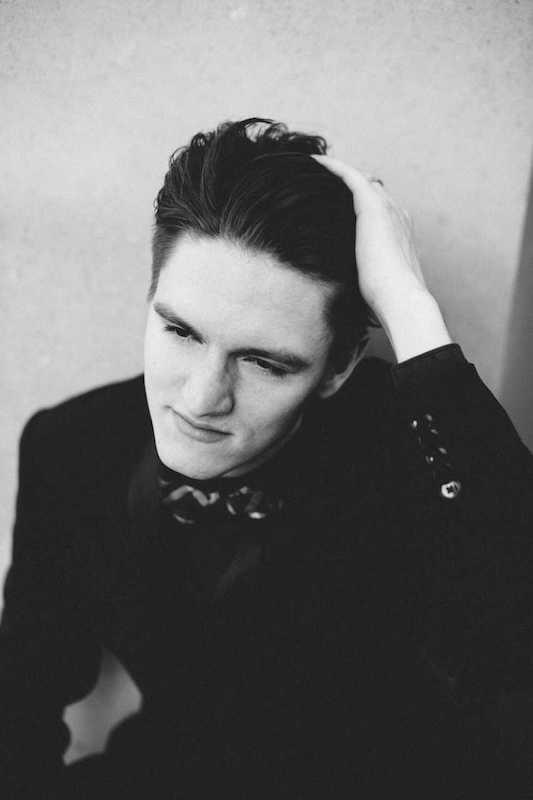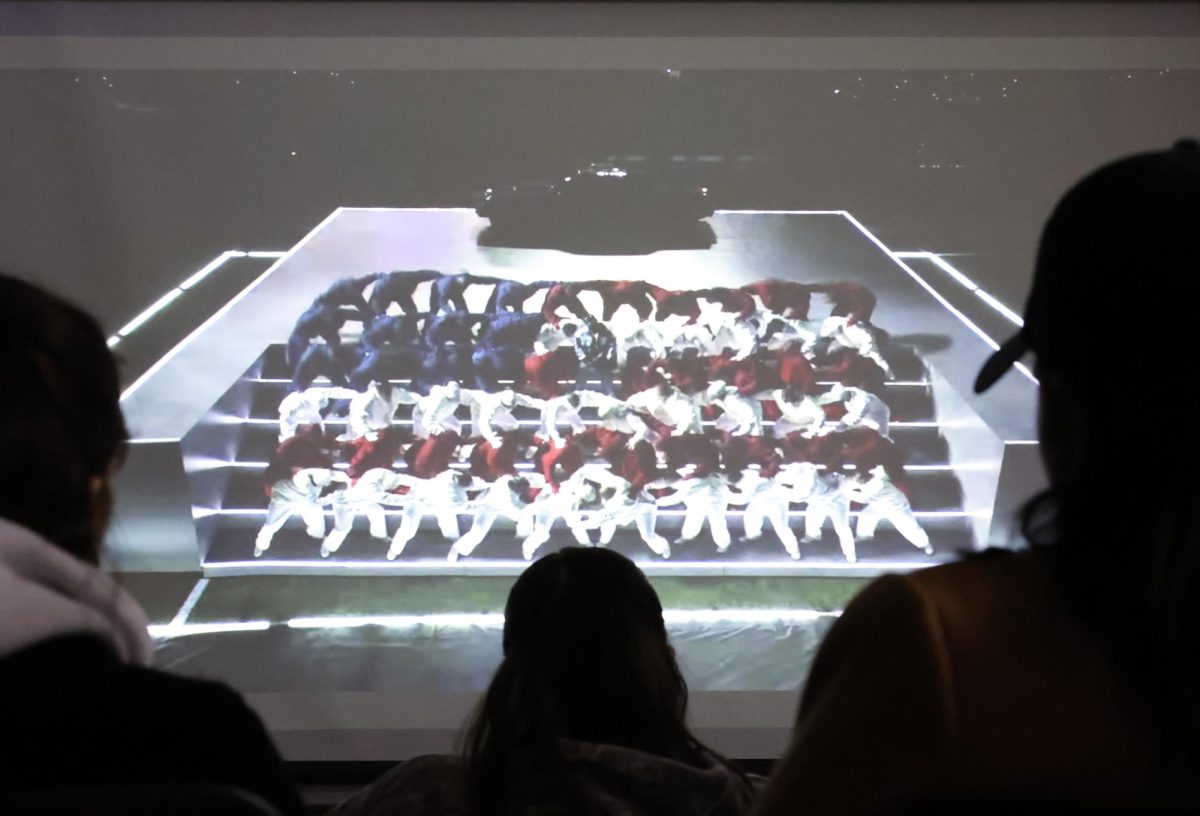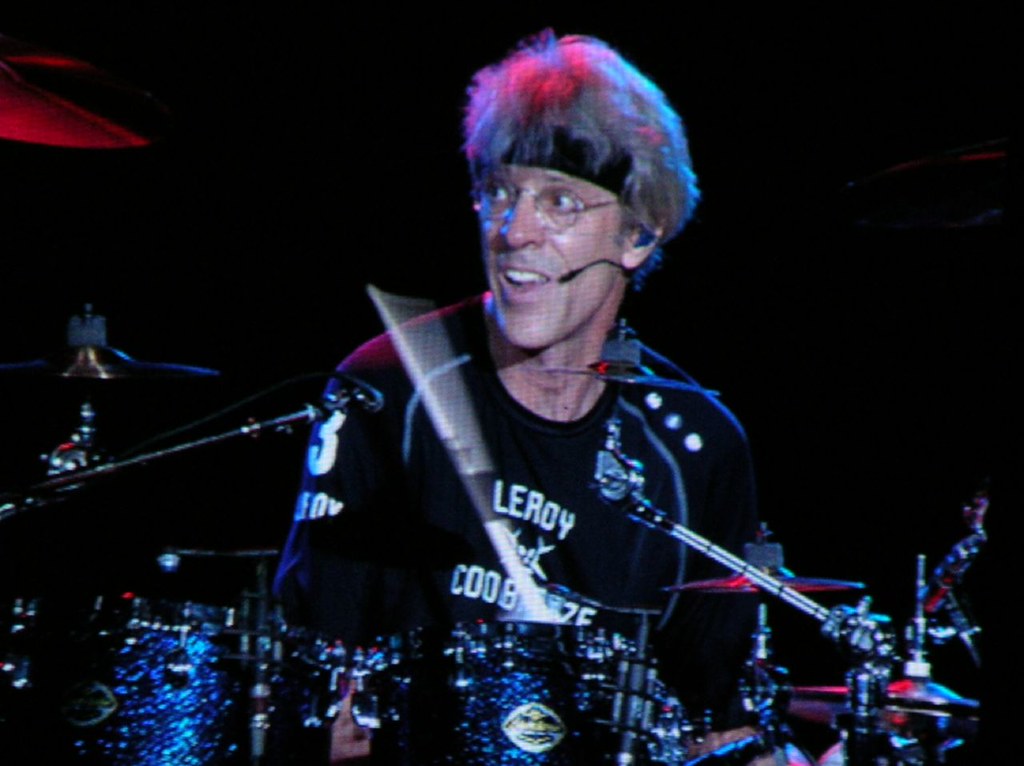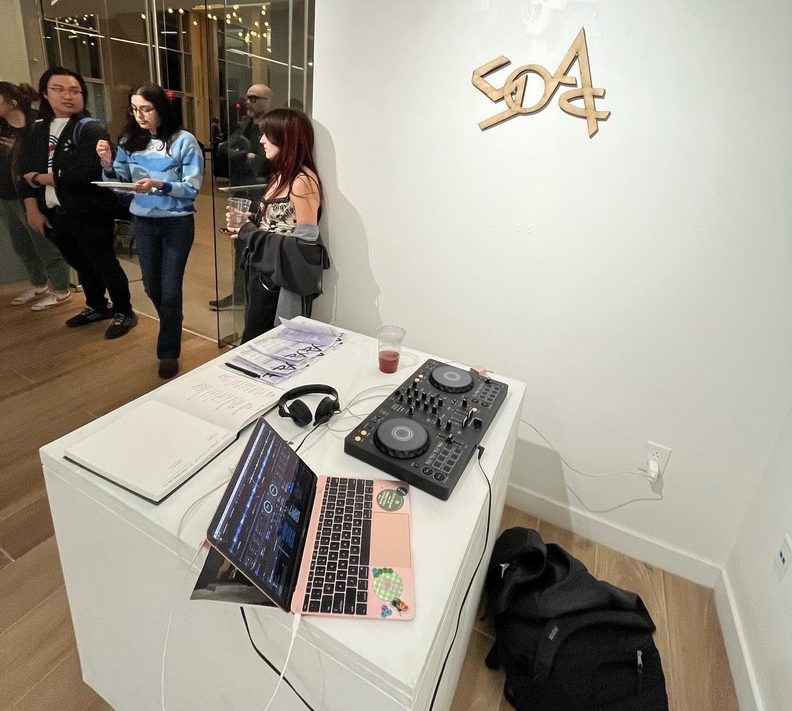Veterans and music lovers alike filled the Irving Arts Center on Saturday for an orchestral celebration of Veteran’s Day and classic cinematography, titled, “From the Wild West to Star Trek: An Evening at the Movies and a Tribute to Veteran’s Day.”
The opening piece, “A Soldier’s Memory,” was composed not by a celebrated film composer, however, but by an SMU second-year graduate student and Irving Symphony Orchestra’s 2018-2019 student composer-in-residence, Christian Jesse.
For Jesse, this opportunity to debut a work performed by a professional orchestra was moths in the making. After a panel of SMU professors nominated three composition students based on their talent, professionalism and work ethic, their portfolios were sent to the director of the Irving Symphony Orchestra, who evaluated the candidates and their compatibility with the performance program and selected the next resident.
Jesse was notified that he had been chosen for the residency early this summer, and he had the rest of the summer and the beginning of fall to create his work for this program. Jesse’s compositional ability along with his background of being from a military family made him the perfect fit for this opportunity. He noted that one of his goals of the piece was to convey the emotional ups and downs that military service members experience coming home from deployment.
“I think that the transition from the homecoming, loving scene that I have depicted in it to the scene that represents a PTSD attack will really shock the audience,” Jesse said. “I think that that struggle that the listener gets taken into will have a substantial impact on people.”
Dr. Robert Frank, who is an associate professor of composition and theory and director of electronic music at SMU and Jesse’s mentor in this residency, explained that this residency is an extremely rare opportunity in the concert music world, especially for a student composer. Frank, along with Irving Symphony Orchestra Director and Conductor Hector Guzman, collaborated almost a decade ago to bring this prestigious pre-professional experience to fruition.
“Most composers go their whole lifetime without ever being a composer-in-residence in an orchestra,” Frank explained. “It’s the highest aspiration for most concert music composers. Our students have the opportunity through this experience to not just write a piece for a professional orchestra, but to also work with the conductor and see the internal operations of a professional arts organization.”
Frank continued, “As far as I know, we are the first and only university in the country to offer an experience like this.”
Frank also explained that a student composer-in-residence is such a rarity because of the immense cost that performing a piece of music can put on an orchestra. He revealed that once performer salaries and rehearsal time are factored in along with performance expenses, it could cost an orchestra “tens of thousands of dollars per five minute chunk or so” to perform a piece in concert.
Despite these immense expenses, Frank noted that the support of the community has allowed this residency to continue to be a success for the Irving Symphony Orchestra.
“The risk of taking on a student composer has definitely been a success for this orchestra, because the community now looks forward to these pieces, and they really are enthusiastically embracing it,” Frank said.
The audience was certainly receptive of Jesse’s compositional theme, for many of the individuals in attendance were themselves veterans. During the concert’s opening announcements, the veterans were asked to rise so that the audience could acknowledge them, and in response a formidable group of veterans peppered throughout the audience rose to the applause of those surrounding them.
Jesse then introduced himself and his work to the audience before joining them in the seats to hear his piece. The emotional twists and turns that Jesse described stood out distinctly in his work, as its exuberant beginning transitioned into a more solemn middle section before returning to a more positive melody.
At the conclusion of his piece, Jesse stood to acknowledge the animated cheers of the audience, who were visibly moved by the message of his work.
The subsequent pieces in the show, ranging from a “Star Trek” medley to music from “Beauty and the Beast” and “Breakfast at Tiffany’s,” were received well by the audience, but none as enthusiastically as Jesse’s piece, which clearly struck a chord with those who could relate to his portrayal of the veteran’s experience.















